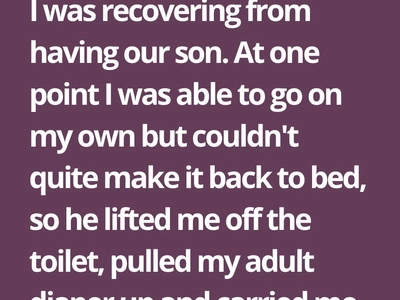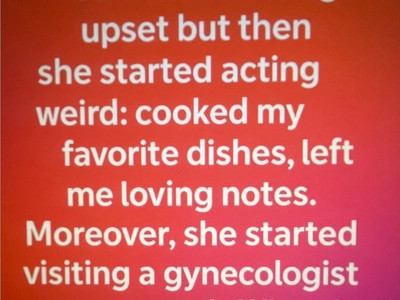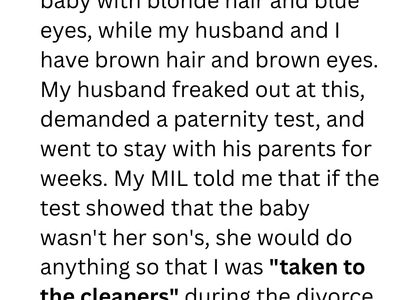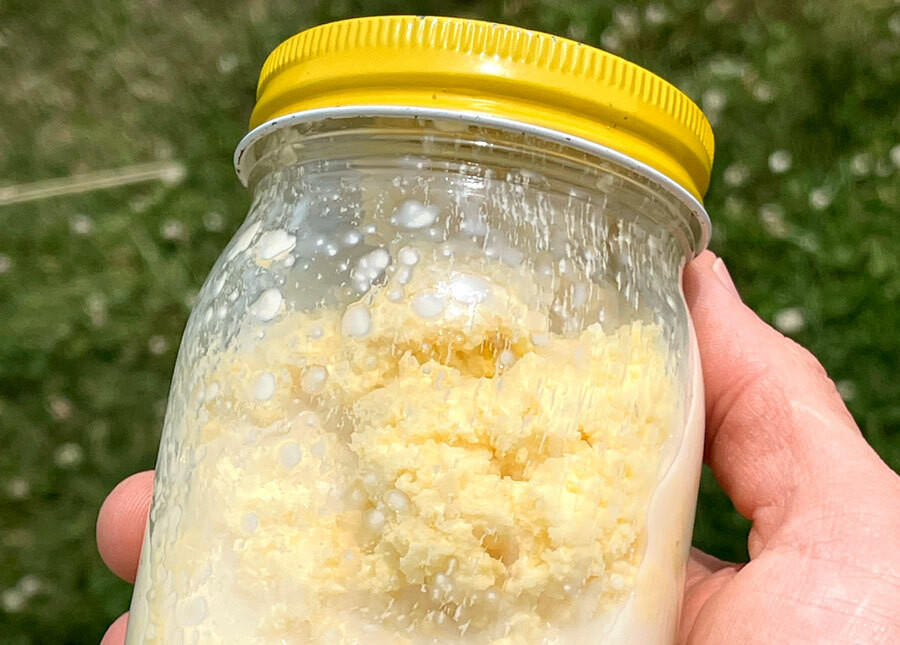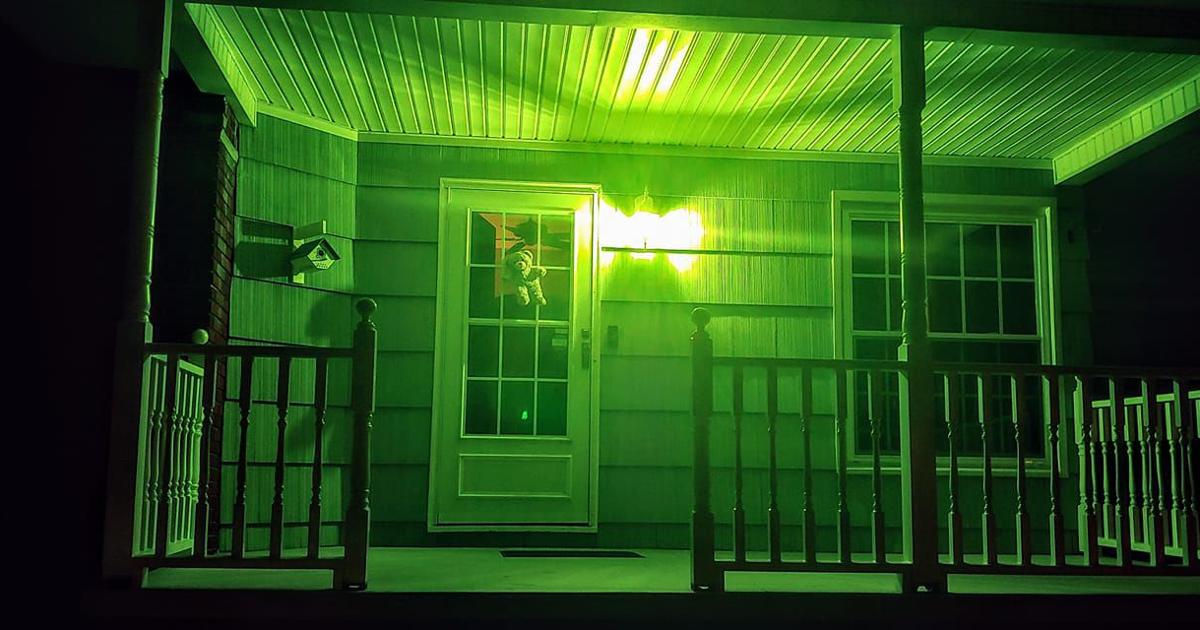After Childbirth, I Felt Broken Until My Husband Showed Me What Real Love Looks Like
No one ever really tells you how exposed you’ll feel after giving birth. People talk about the pain of labor, the long hours, the breathing, the pushing—but no one talks about what comes after. I thought once I got through delivery, the hardest part would be over. But that was only the beginning. My body felt like it no longer belonged to me. Every movement hurt. My emotions were everywhere, swinging wildly between joy, confusion, and exhaustion. Even the smallest tasks felt like mountains I couldn’t climb.
One night, everything came crashing down. The baby had been crying for hours, and I was barely holding myself together. I could hardly walk, but I needed to use the bathroom. My husband got up without a word and helped me there, moving so slowly and carefully, as if I might break. I remember leaning on him, trembling with fatigue, feeling utterly helpless. When I was done, I realized I didn’t even have the strength to make it back to bed. My legs wouldn’t support me. Before I could say anything, he gently scooped me up in his arms, just like he had on our wedding day—but this time, everything was different. He wasn’t carrying me out of joy; he was carrying me out of love that had deepened beyond anything I’d ever known.
He laid me down, so softly I barely felt the bed beneath me. Then he reached for my maternity diaper, pulled it back up without a hint of hesitation, and tucked the blanket around me. I felt my face burn with shame. I tried to apologize through tears, whispering that I was sorry, that I couldn’t even take care of myself. My voice cracked. I felt humiliated. But he just looked at me, his eyes warm and calm, and said quietly, “This is one of the reasons I love you even more.”
That one sentence changed something inside me. I stopped seeing myself as broken or weak. When I looked at him, I didn’t see pity in his eyes—I saw pride. Real pride. The kind that comes from seeing someone you love survive something extraordinary. His gaze told me he wasn’t disgusted or uncomfortable. He was in awe. He reached out, brushed the hair off my face, and said softly, “You gave us our son. Taking care of you now is the least I can do.”
It hit me then—real love isn’t about perfect moments or romantic gestures. It’s not candlelight dinners or anniversary surprises. It’s about showing up when things are raw, messy, and human. He didn’t see weakness in me; he saw strength. He didn’t flinch at my vulnerability. He leaned into it, meeting it with tenderness and patience. That night, in the dim light of our bedroom, surrounded by the chaos of new parenthood, I learned what devotion truly meant.
The days that followed were a blur of feeding, crying, and trying to remember when I had last slept. My body was still healing, my emotions fragile, but he never let me feel like I was going through it alone. He woke up at night without complaint to soothe the baby. He learned how to swaddle, how to burp, how to change diapers faster than I did. He made meals I could barely taste but that kept me strong. He held me when I cried for reasons I couldn’t name, and he never once told me to stop or to “cheer up.” He just listened. Sometimes he didn’t even say anything—he’d just wrap his arms around me until I calmed down.
In those quiet, tender moments, I realized healing wasn’t just physical. It was emotional. It was spiritual. And it wasn’t something I had to do on my own. Every time he helped me sit up, or brought me water, or kissed the top of my head while I fed our baby, he was silently telling me, I’m here. We’re in this together.
Slowly, I started to see myself differently. My body, once something I felt ashamed of, became a symbol of strength. It had done something miraculous. And his love, steady and patient, helped me believe that again. Every act of care—every small, unspoken gesture—became a promise between us. It said, “I see you. I love you. You’re not alone.”
Weeks passed. The nights were still long, and the days still blurry, but something beautiful was growing between us. Not the kind of passion we had before, but something deeper, steadier. It wasn’t about attraction or romance anymore; it was about partnership. About trust. About the quiet understanding that life wouldn’t always be pretty, but we’d face it side by side.
One morning, after another sleepless night, I woke up to see him sitting on the edge of the bed with our baby in his arms. His hair was a mess, his eyes half-closed, but he was smiling. The baby’s tiny hand rested on his chest, and he was humming softly, off-key but full of love. In that moment, I felt something wash over me—peace, gratitude, awe. That same man who once held my hand in candlelight was now holding our child with the same tenderness, the same devotion. And I thought back to that night in the bathroom, when I had felt so small, so broken. What I saw as weakness, he had seen as strength. What I thought was shameful, he had treated as sacred.
That realization stayed with me. It changed how I looked at our marriage, at myself, at love itself. Because love, I learned, isn’t always loud. It doesn’t always come wrapped in grand gestures. Sometimes it’s quiet, humble, even a little clumsy. It’s in the way someone makes you soup when you’re too tired to eat. It’s in the way they take the baby so you can close your eyes for ten minutes. It’s in the way they never make you feel like a burden, even when you can’t do anything for yourself.
Love is patient. It’s kind in ways that never make headlines. It’s holding someone when they’re bleeding and swollen and exhausted, and saying, “You’re still beautiful to me.” It’s cleaning up without being asked. It’s kissing a forehead instead of lips. It’s laughing together when everything feels like too much. It’s sitting quietly in the dark, just knowing the other person is there.
As the weeks turned into months, I watched him become not just my husband, but a father—a role he embraced with an ease that surprised even him. He wasn’t perfect. We both snapped sometimes. We argued over who was more tired, whose turn it was to feed the baby, or why the bottles weren’t sterilized yet. But even in those moments, underneath the frustration, there was love. A strong, unshakable kind. The kind that endures the mess and keeps showing up anyway.
Sometimes, in the middle of the night, I’d wake up and see him still awake, gently rocking our son, whispering nonsense words just to keep him calm. His head would nod forward in exhaustion, but he wouldn’t put the baby down until he was sure he was asleep. And when our eyes met, he’d give me that same soft smile—the one that said, We’re okay. We’ve got this.
There were still moments when I struggled to recognize myself. I’d catch a glimpse in the mirror and see a tired, puffy-eyed version of me. My body was softer, my scars visible reminders of what I’d been through. But then he’d wrap his arms around me, kiss my shoulder, and tell me I was beautiful—not because I looked the same as before, but because I had changed. Because I was stronger now. Because I had brought life into the world.
That kind of love doesn’t fade. It deepens. It grows in the quiet spaces between exhaustion and laughter, between chaos and calm. It’s the kind of love that doesn’t need words but still says everything.
Now, when I see him holding our son—half-asleep, hair sticking up, eyes heavy but still full of light—I think back to that first night. The night when I felt broken and ashamed, and he showed me what love really means. What once felt like a moment of weakness has become my favorite memory. Because it wasn’t weakness at all—it was proof of our strength.
True love, I’ve learned, isn’t about grand gestures or perfect timing. It’s about being there when it matters most. It’s found in the unspoken moments, the simple acts of kindness that carry you through the hardest days. It’s in the way someone chooses to stay, to care, to love you through the mess.
So when I watch him now, rocking our baby, whispering softly, I see it clearly. This is what love looks like. Not the kind from movies or fairytales—but the real kind. The kind that’s patient, steady, and strong. The kind that makes you feel safe, even when you’re at your most vulnerable. The kind that doesn’t just say “I love you,” but shows it, over and over again, in every small, quiet moment that makes a life together truly beautiful.
